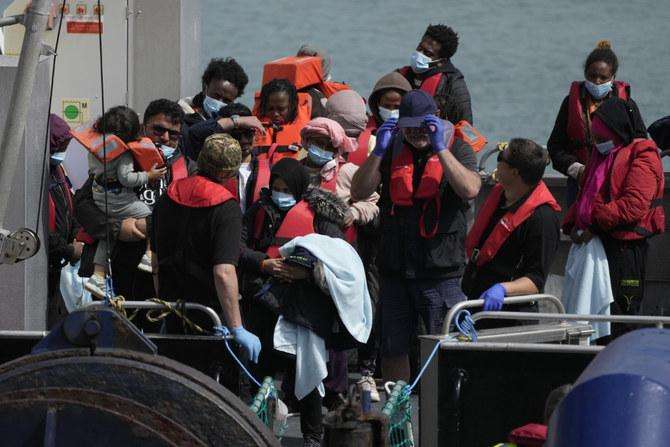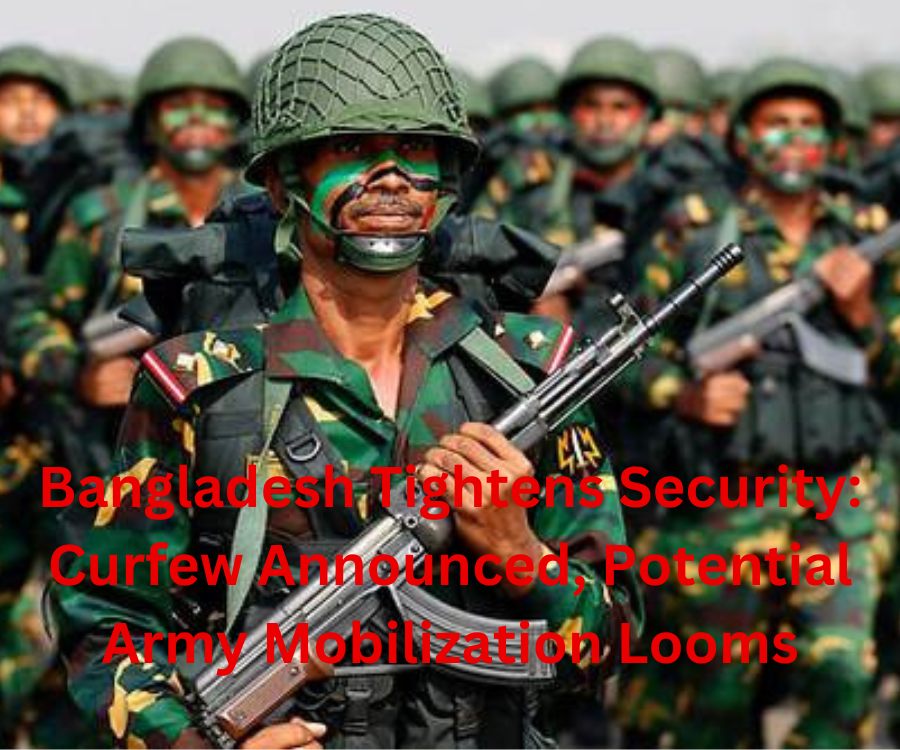On Thursday at 8 a.m. local time in New York, I woke up and habitually checked social media on my mobile phone. There was a message from a close colleague saying, "It's urgent, call me, I’m waiting." I thought I would call after leaving the house since I was in a hurry to get to the office. I should mention that I usually spend the time traveling from home to the office talking with loved ones back home. This has become a routine for me, so I started calling back during my commute. But to my dismay, I couldn’t make any audio or video calls. I kept trying repeatedly. Upon reaching the office, my mind was still on that message: "It's urgent, call me, I’m waiting." I couldn’t talk to my mother either, who is alone and sick in Dhaka. My anxiety kept increasing. The whole week, the country had been in turmoil due to the student protests demanding quota reform.
Every day, violence and protest marches were spreading. To control the situation, the government deployed its law enforcement agencies and groups like the Chhatra League, who were harassing innocent students and even shooting at them. In such a situation, I was desperate to know how my friends and colleagues in Dhaka were doing. Since 11 a.m. on Thursday, Bangladesh has been completely cut off from communication.
The government has been employing various strategies to curb the protests. On Wednesday night at 8:30, broadband internet connections were shut down across Bangladesh. As a result, each second of the clock on Thursday passed in fear. I was anxious to know how my relatives were doing and what they were doing, and at the same time, I was burning with the feeling of being unable to be there for my beloved homeland in its time of crisis. This feeling is not mine alone; almost everyone outside the country at this moment is going through such days of anxious thoughts. To know exactly what is happening in the country at every moment, curious minds are checking international news websites. But even there, there’s no relief, as getting each piece of information takes a long time.
With the broadband internet shut down, all newspapers, television channels, YouTube, and social media platforms in the country are closed. The government has been saying for several days that rumors are being spread about the student protests and urging people not to believe them. But without listening to rumors, how will we verify what has happened or is happening? The essential medium to verify these is mobile internet, but even the 4G mobile internet service has been shut down.
Until approximately 9 p.m. on Thursday, broadband internet or Wi-Fi connections were still available. After that, they were completely shut down. The same thing happened with mobile internet. For almost two days now, we have been in the dark about what has happened. And this darkness is the breeding ground for rumors. Not just rumors, but it also opens the door to misinformation and false information.
The number of deaths from clashes and attacks varies from person to person. Some say there have been fires, others report various numbers of people arrested by the police. These unsupported narratives are not confirmed news. This means they are rumors or false information. We are being told not to listen to these "rumors." So where should we, who are abroad, go to know the real news? Should we turn on BTV? Now even there, the flames of the protests have set the screens ablaze.
It is 100% true that rumors or misinformation spread on social media. But in what way does shutting down internet services qualify as a professional government decision? The easiest way to verify any incident or accident is through the internet. One can get an immediate idea about an incident from video or audio calls. But when no means of obtaining information is available, that’s when rumors spread. That’s when a molehill becomes a mountain.
Has the government forgotten that internet service has become the main component of the country's business and commerce? Do they not know that the livelihoods of millions of small businesses are related to the Internet? According to reports by Access Now, a New York-based organization working on digital rights, and the Keep It on Coalition, 2023 was the worst year worldwide for internet service shutdowns. Governments of various countries shut down internet services to curb violence, war crimes, attacks on democracy, and other atrocities. Bangladesh ranked 11th in this list. The report mentioned that the internet was shut down in Bangladesh to suppress political dissent and opposition rallies, primarily in the capital.
The lack of internet has severely disrupted various internet-based services. Online financial transactions are virtually halted. Especially transactions made through mobile phones have been negatively affected. During this economic crisis, shouldn't the government have considered remittances from expatriates? Those with family members and relatives abroad are furious as communication with them has been effectively cut off. Expatriates are campaigning through social media posts to stop sending remittances through banking channels. Is the government taking note of this adverse impact? Or what is the government trying to prove by presenting an image of a darkened Bangladesh to the outside world? Please think about these issues. Open the internet immediately.
Kaberi Maitraya, Senior Reporter, Ekattor Television.
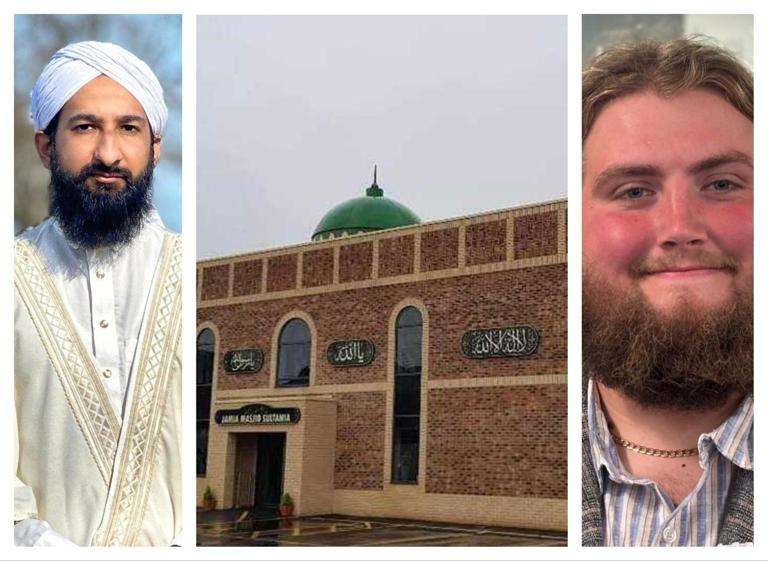
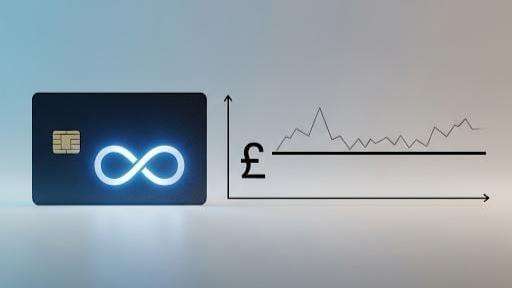
_9.jpg)



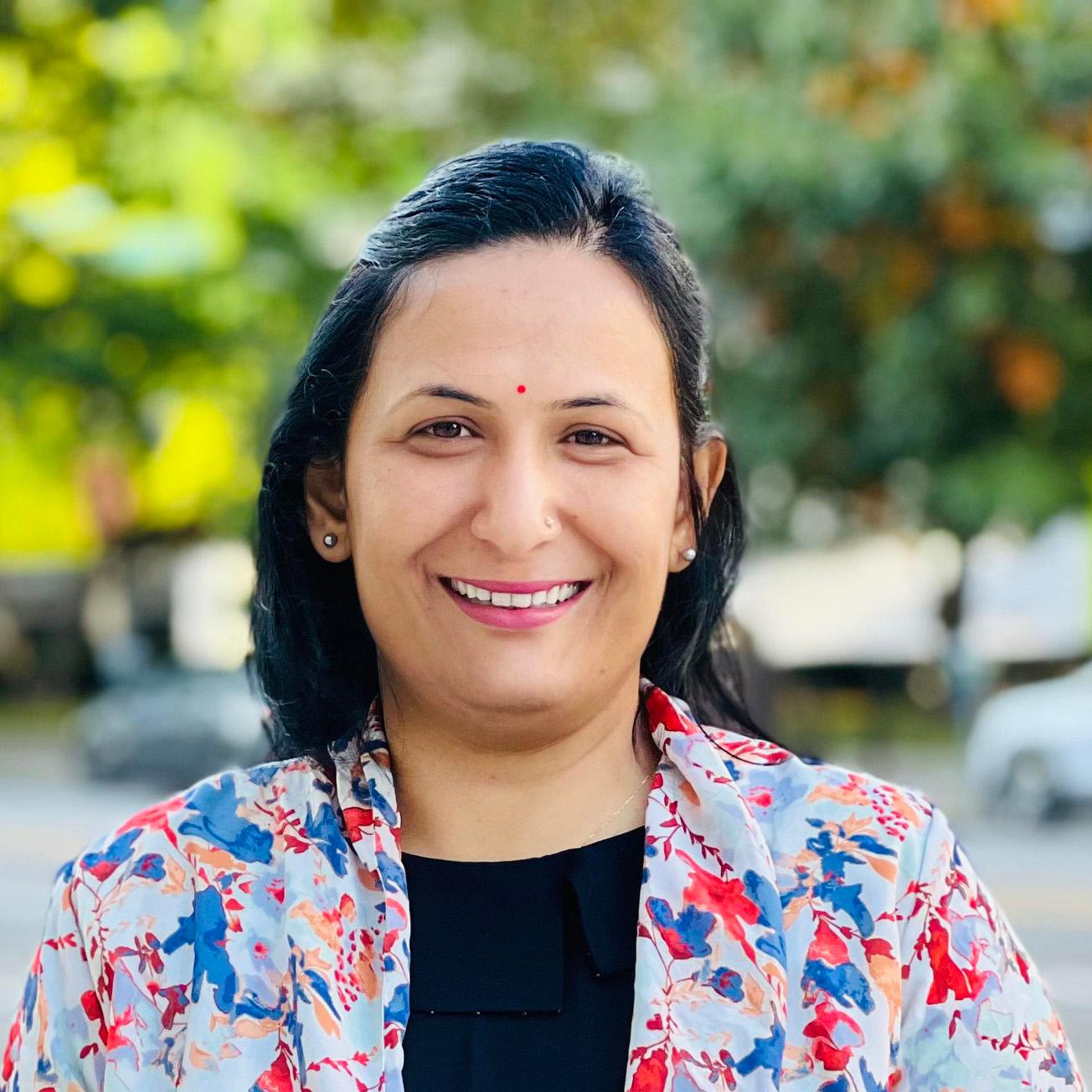

.svg)

